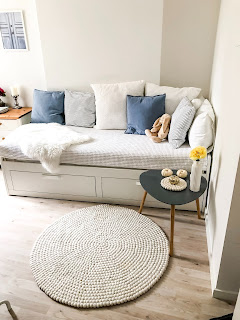Checklists are the greatest way to get organized for any occasion. Most of us make a grocery list before going to the store, why not make a list for everything else in life? The benefits greatly outweigh the time that it may take to make one. The more checklists that you make, the quicker you will get at it. Following are some general ideas for checklists:
Checklist for everyday: Start your mornings by making a list of all the things that you need to accomplish each day. Carry it with you and mark each item off when completed. This will give a great feeling of accomplishment and closure.
Household maintenance: Develop a household maintenance list divided into months. Check the list a few months in advance to see if you need to schedule specific maintenance people to do a job for you.
Weekly cleaning list: A weekly cleaning list should be developed and hung on the wall for everyone to see. Beside each job include the person's name that is accountable for the job that week. Make sure they mark off the job when completed.
Car Maintenance checklist: Schedule times when you need to make appointments for an oil change and general car maintenance.
Developing checklists for your life will go a long way in reducing stress. Having a list will also make it easier to assign tasks to other people in your household. The great thing about these checklists is they can all be stored on your computer and printed out as needed. Or if you prefer, create a special binder for all of your checklists. Once you start making checklists, you will wonder how you ever lived without them.






